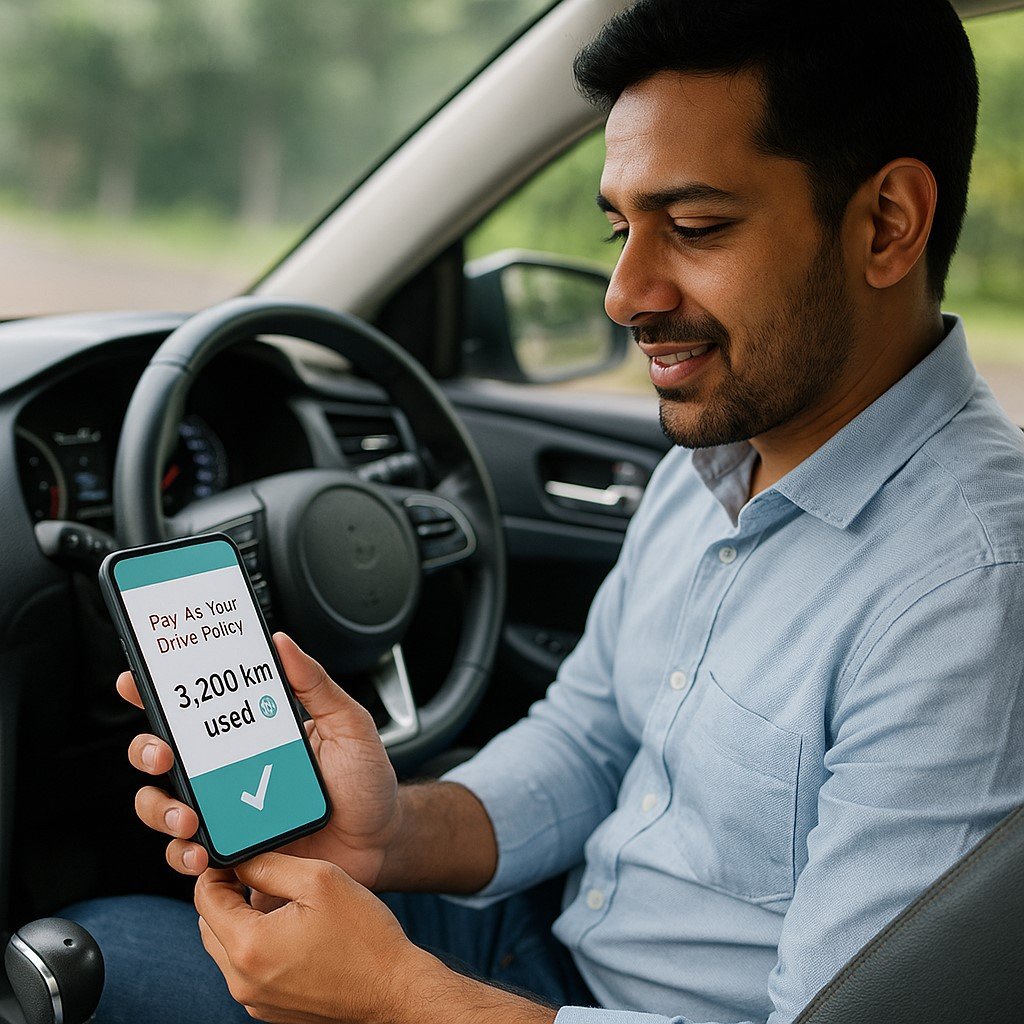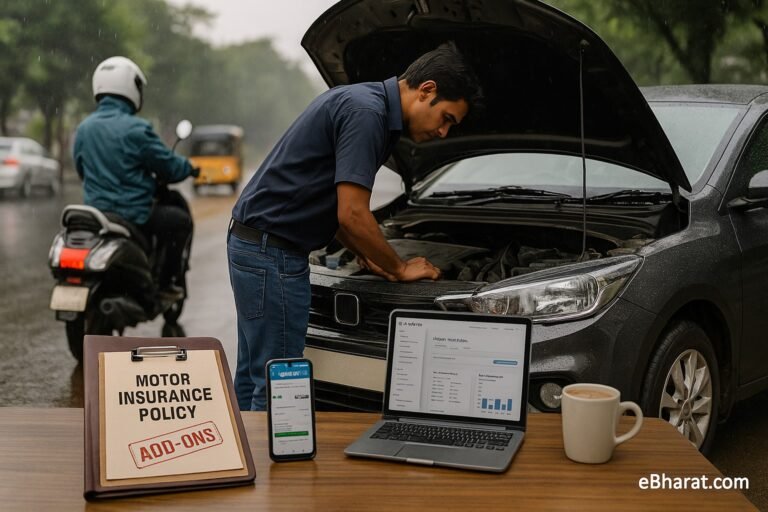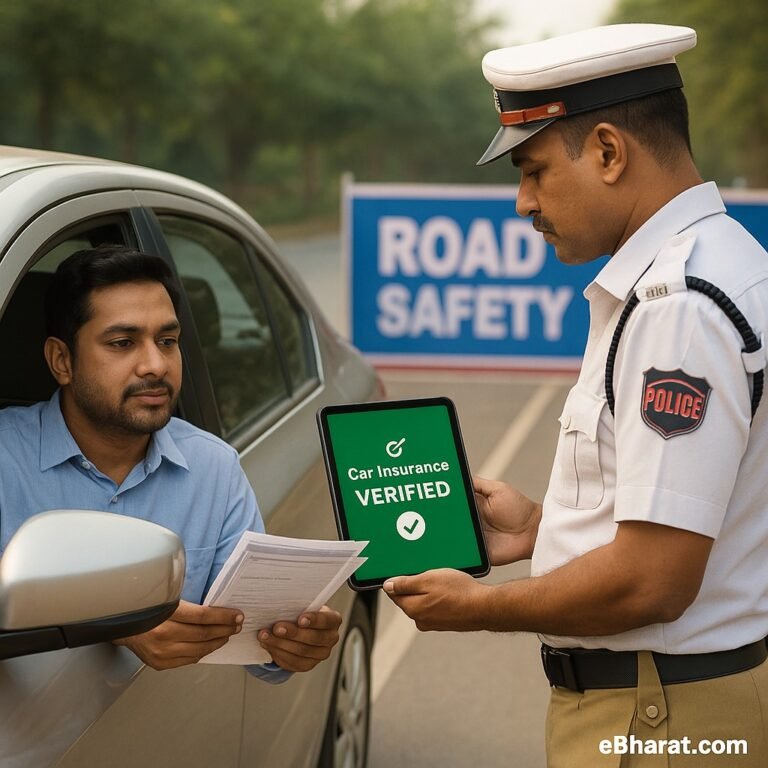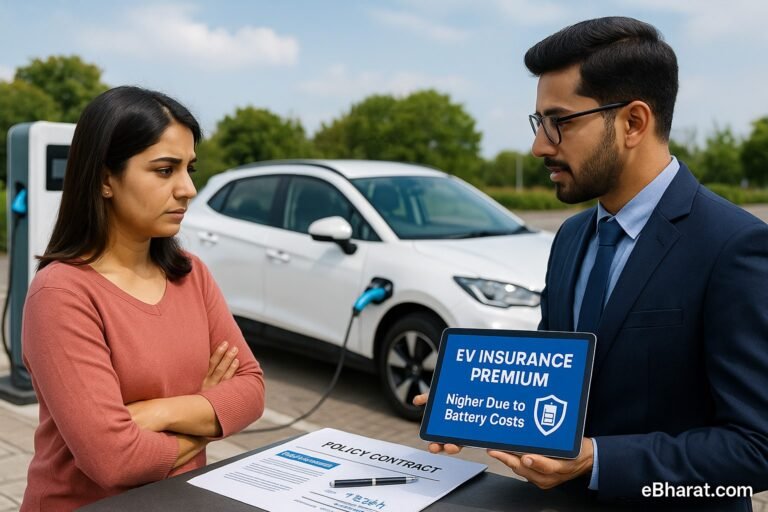
Traditional motor insurance in India charges a flat annual premium, regardless of how much you actually drive. But in 2025, IRDAI’s Pay-As-You-Drive (PAYD) model is gaining traction. This innovative scheme makes premiums fairer by linking them to your driving distance.
For low-usage car owners, this could mean 30–40% lower premiums. Let’s see how it works.
What Is Pay-As-You-Drive Insurance?
- A usage-based insurance (UBI) model.
- Premium depends on kilometers driven annually.
- Uses telematics devices or odometer readings to track usage.
Example:
- If you drive only 5,000 km/year, your premium is lower.
- If you drive 25,000+ km/year, your premium is higher.
Benefits of PAYD Insurance
- Cost Savings for Low Mileage Users
- Ideal for car owners who drive occasionally.
- Savings up to 40% compared to traditional premiums.
- Fair Pricing
- You pay only for what you use—like prepaid mobile recharges.
- Encourages Safe Driving
- Some insurers also track driving habits (speed, braking).
- Safer drivers get extra discounts.
- Eco-Friendly Choice
- Less driving = lower carbon footprint.
- Insurers reward environmentally conscious driving.
Limitations to Keep in Mind
- High-mileage drivers may end up paying more.
- Requires installation of GPS/telematics devices.
- Limited availability—only a few insurers currently offer PAYD in 2025.
IRDAI Rules for PAYD in 2025
- IRDAI has allowed insurers to offer short-term (3, 6, 9 months) PAYD policies.
- Insurers must provide digital dashboards for transparency.
- Premium slabs must be clearly disclosed to customers.
Case Study: Amit’s Hatchback in Delhi
Amit, who works from home, drives only 3,000 km annually. His regular car insurance premium was ₹18,000/year. After switching to PAYD, his annual premium dropped to ₹11,000—a saving of ₹7,000.
Lesson: Low-usage drivers benefit the most from PAYD.
Quick Infobox: PAYD vs Traditional Insurance
| Factor | Traditional Insurance | Pay-As-You-Drive |
|---|---|---|
| Premium | Fixed annually | Based on usage |
| Best For | Daily commuters | Low-mileage drivers |
| Tech Required | None | Telematics / odometer |
| Savings Potential | Limited | Up to 40% |
Why This Matters
With rising premiums in 2025, Pay-As-You-Drive offers flexibility, fairness, and savings for millions of Indian car owners. It’s especially useful for urban professionals, retirees, and families with multiple cars.
Next, read: Long-Term Two-Wheeler Insurance: Pros and Cons
🚀 Start Your Career as an HDFC Life Agent
Join eBharat’s Agent Network and get training, digital tools, and mentorship to build a successful career in insurance.
👉 Apply Now to Become an Agent











